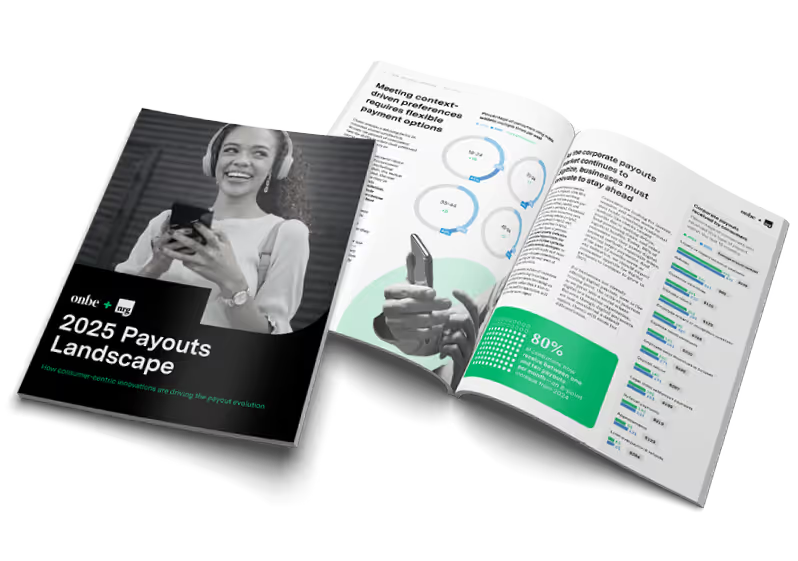Escheatment is the process of transferring abandoned or unclaimed property to the state government after a specified period of inactivity.
Escheatment
Frequently Asked Questions
Unclaimed property that must be escheated can include dormant bank accounts, cash or cash-equivalent payouts, uncashed payroll checks, refunds due to overpayment of products and services, and many other types of assets. Property types that must be escheated may vary by jurisdiction.
The timeframe varies by state and the type of property but is typically between three and five years of inactivity. The time during which a property remains unclaimed or unused is known as a dormancy period, and payers are responsible for tracking assets during this time.
Failing to comply with state escheatment laws may lead to steep penalties, fines and even reputational damage. In recent years, several U.S. states have increased their compliance efforts, with audits becoming more common. Partnering with a payment provider can help reduce the business risk of unclaimed property.







.png)